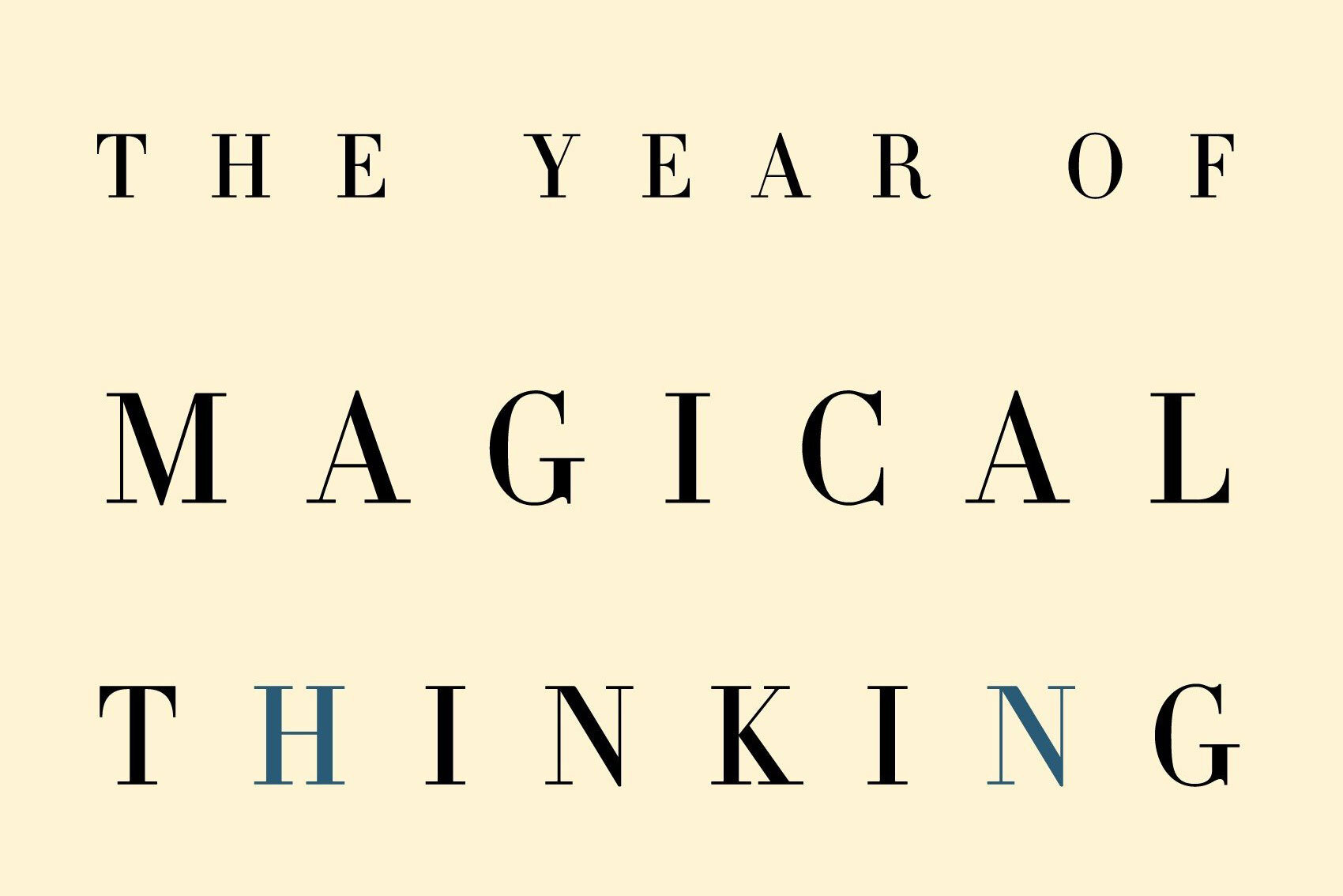“Far from the Tree” by Andrew Solomon
Far From the Tree: Parents, Children and the Search for Identity
By Andrew Solomon
2012
976 pages. Audio: 40 hours and 37 minutes
Nonfiction
—
This book was chosen as one of the 10 best books for 2012 by the New York Times Book Review. As one of the longest books I have included on my list, it is a substantial investment in time and emotional energy. It is occasionally gut-wrenching and often heartbreaking.
At its most basic, the book is about parents and children. But what makes the book extraordinary is that it’s about parents raising children who are fundamentally other than themselves. For instance, some of the chapter titles give us an idea of the ground Solomon covers: “Deaf,” “Dwarfs,” “Down Syndrome,” “Autism,” “Schizophrenia,” “Disability,” “Prodigies,” “Rape,” “Crime,” “Transgender.” The list itself already invites controversy. Some in this list resist categorization with others on the list. Yet it quickly becomes clear that Solomon doesn’t seek to pigeonhole those with particular challenges. Rather, he wants to understand what parents go through as they try to raise children whose experiences are so different from their own.
Solomon himself is gay and married with children, so he has a deeply empathetic heart for those of whom he speaks. The research is astounding. His interviews created somewhere around 40,000 transcript pages. This book is a deep dive.
People will take different things from this book. I read the book as a non-parent who, as a minister, has walked with parents through all manner of difficulty and joy with their children. I came away from the book viewing these parents as nothing less than heroic. Their relentless love is humbling and often brought me to tears. My life seems so simple compared to theirs.
Tolstoy famously proclaimed that happy families are all about the same, but those that are unhappy are unhappy in unique ways. Solomon turns that idea on its head. Those parents who reject their children are much the same, but those who accept them are happy in an infinite variety of ways.
One may feel tempted to think this book is only for those parents or caregivers who find themselves in the particular situations the book describes. And I do believe that such parents will find some solace here. But it would be an enormous mistake to think that this book and these lives have nothing to teach those of us who didn’t fall as “far from the tree.” As I read about the extraordinary challenges of these very ordinary people, I found myself far less judgmental and more compassionate. I cannot help but root for them. For those of us in ministry this book is a constant challenge to seek the image and likeness of God in those places and people where it may not be so evident on the surface.
If you take the time to read this book, I cannot help but believe that it will touch your heart and that the image of God in you may indeed shine a bit more brightly.








